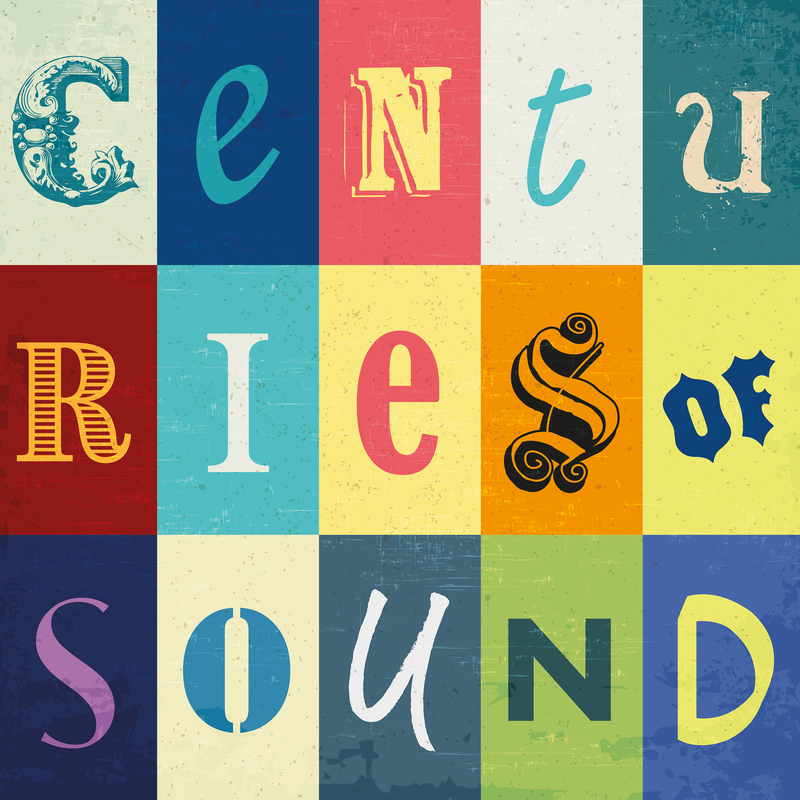
This episode currently has no reviews.
Submit Review- Podcast |
- Centuries of Sound
- Publisher |
- James Errington
- Media Type |
- audio
- Categories Via RSS
- Publication Date |
- Mar 13, 2017
- Episode Duration |
- Unknown
1888-1.jpg?resize=597%2C396&ssl=1" alt="1887-1888" width="597" height="396">
1888.mp3">MP3 download | Patreon | Apple | Mixcloud | Spotify | Castbox | Stitcher | RSS
The gramophone and phonograph had been experimental toys for a decade, their inventors deciding to tinker with them from time to time in between other, more immediately lucrative projects. In 1887, aside from Edison’s occasional developments, Alexander Graham Bell’s Volta Labs had developed significant improvements in both cylinder and disc recording, and Emile Berliner filed his first patent for what he called a “gramophone” – though the invention he launched a few years later would bear little relation to the patent. Most importantly, on March 28th, a group of businessmen from Philadelphia created the American Graphophone Company, in order to produce and sell phonograph machines – this eventually evolved into Columbia Records.
It would be nice at this stage to cite these developments as the birth of the recording industry, but that’s still a couple of steps away. These inventions, whether using cylinders or discs, were merely private prototypes of dictation machines, intended for listening on a stethoscope-like device – interesting in a vague way, but needing a showman to get people excited. This came in the form of civil war veteran (and medal of honor recipient) Colonel George Gouraud, who was employed as Edison’s agent in Europe.
On 14 August 1888, Gouraud called a press conference to introduce the phonograph to London, including playing a piano and cornet recording of Arthur Sullivan’s “The Lost Chord“. Sullivan (of ‘Gilbert & Sullivan’ fame) was one of the luminaries invited to Gouraud’s residence in South London for dinner parties where the phonograph was introduced to the great and good of English society as a parlour trick par excellence. The guests would listen to phonograph recordings, then record their greetings to Edison, to be shipped back to the USA. And that dinner, for the most part, is our audio record of 1888.
Our mix, then, begins with a recording of Twinkle Twinkle Little Star, made by the Edison company for a frankly terrifying talking doll in 1887. Then we move on to arguably the oldest extant musical recording, the duo performing “The Lost Chord”, and Gouraud introducing the after dinner speakers. After an interlude from a white wax cylinder marked as “Piano Solo by Miss Eyre” we have the guests taking their turns to speak; Postmaster General Cecil Raikes, Edmund Yates, Sir Arthur Sullivan and A.M. Broadley – followed by a somewhat inebriated final toast from Colonel Gouraud.
After the party we have a few other surviving recordings from 1888 – first an unnamed performance from Issler’s Parlor Orchestra, a quartet led by Edward Issler who acted as Edison’s in-house band for their first few years of operation. Then we have a brief section of whistling from a Mrs Shaw, and a first sample of Edison himself speaking. Here he is testing out his device by describing a trip he would like to take around the world, obviously ad-libbed as it would make little or no sense to anyone with a map of Europe to hand.
Next we have a fantastic piece of history, if not a great example of sound recording; Gouraud took his phonograph along to record a performance of a choir or thousands singing Handel’s ‘Israel in Egypt‘. Three of these cylinders survive, but this is the only part where the voices manage to come through the wall of white noise.The real thing must have been stunning, but hearing it now takes a bit of imagination.
Finally we have Gouraud’s recording of British Prime Minister William Ewart Gladstone – a scratchy mess which unfortunately yields little in the way of comprehensible content. A recording of Queen Victoria, made around the same time, is apparently in existence, but is little more than a noise, and whether it is or is not actually Victoria speaking is still debated. This is not in the mix, but can be heard here.
Track list
1. Unknown – Twinkle Twinkle Little Star 2. Unknown Performer & Miss Eyre – The Lost Chord 3. Colonel Gouraud – Introduction & Toast 4. Miss Eyre – Piano Solo 5. Colonel Gouraud – Introducing Messages To Edison 6. Postmaster General Cecil Raikes – Message To Edison 7. Edmund Yates – Message To Edison 8. Sir Arthur Sullivan – Message To Edison 9. A.M. Broadley – Message To Edison 10. Colonel Gouraud – Toast 11. Issler’s Parlor Orchestra – [Title Unknown] 12. Mrs Shaw – Whistling by Mrs Shaw 13. Thomas Edison – Around the World On The Phonograph 14. 4000 Voice Choir Conducted by August Manns – “Moses and the Children of Israel” from Handel’s “Israel In Egypt” 15. Willam Ewart Gladstone – The Phonograph Salutation
.
This episode currently has no reviews.
Submit ReviewThis episode could use a review! Have anything to say about it? Share your thoughts using the button below.
Submit Review